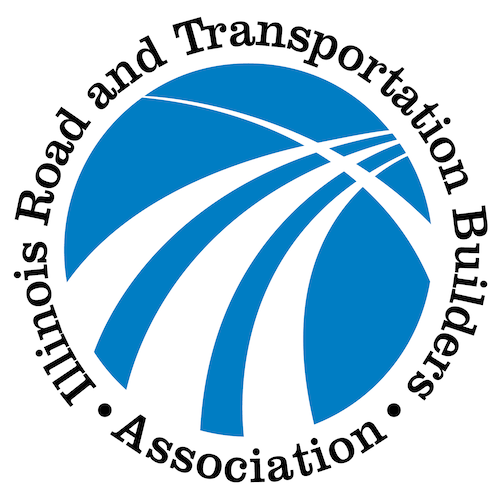The IRTBA supports fostering a competitive business Environment while increasing diversity of the workforce and increasing opportunities for prime and subcontractor firms including, Disadvantaged Business Enterprise (DBE), Women-owned Business Enterprise (WBE), and non-DBE firms while not imposing unfair restrictions or advantages to any given group.
- The State of Illinois maintains a Disadvantaged Business Enterprise Program that is both mandated by state law and federal prescription. Since its inception, the IRTBA has worked with IDOT and the Tollway to insure fairness and a level playing field for all contractors. In addition, IRTBA member firms have subcontracted millions of dollars of work to DBE firms.
The IRTBA:- Welcomes improvements to the system but requests a seat at the table in DBE and diversity discussions about legislation and regulatory actions.
- Supports opportunities to partner and engage in dialogues about issues before legislation is sought.
- Opposes legislation that has the unintended consequence of hurting industry or benefits one sector of transportation firms over another, increasing costs and causing delays.
- Supports efforts to accurately measure capacity for all construction firms and efforts to build and strengthen all transportation firms.
- Supports efforts to prequalify subcontractors in the same way that primes are prequalified because it would ensure that firms have the capacity to compete on projects.
- Supports the creation of a system to gauge “actual” participation of MBE/DBE/WBE firms in design and construction as they relate to IDOT and Tollway projects.
- Opposes Project Labor Agreements (PLAs)
PLAs require all contractors, whether they are unionized or not, to subject themselves and their employees to unionization in order to work on a government-funded construction project. PLAs usually require contractors to grant union officials monopoly bargaining privileges over all workers; use exclusive union hiring halls; force workers to pay dues to keep their jobs; and pay above-market prices. The IRTBA opposes PLAs because they allow the unions to circumvent the labor negotiations process and opt for legislated change without the benefit of business involvement. Countless studies have found that PLAs decrease the number of bids on a project and increase the costs of projects. In addition, PLAs make it difficult for minority-owned contractors and their workforce to compete. If PLAs are implemented, IRTBA supports the requirement that contractors be involved in any PLA discussions and be signatories to any final PLA agreements.
- Supports Tort Reform
The IRTBA supports efforts to improve the legal climate in Illinois by reducing incentives for litigation that disproportionately awarded plaintiffs and will:- Support Legislative Efforts to End Frivolous Lawsuits.
- Oppose Joint and Several Liability: In the past there have been efforts to pass laws like the Structural Work Act which held all parties on injury lawsuits jointly and severally liable if a defendant is 51 percent or more at fault for the amount of the judgment rendered against the defendant. If a defendant is found to be less than 51 percent at fault, the defendant is only responsible for the percent of the judgment for which he or she is responsible. The IRTBA supports legislation that holds employers liable only for the injury that they cause.
- Support Contractor's Protection Legislation.
- The IRTBA supports legislation protecting a prime contractor from being liable for a subcontractor's failure to pay wages to its employees and the subcontractor’s failure to pay into the fringe benefit fund.
- Support Construction Payment Bond Legislation.
- Developers should be required to purchase a payment bond in order to assure contractors are paid should a project go bankrupt prior to completion. Currently, work completed within a public right-of-way is exempt from lien protection. This type of legislation will provide a fair financial recourse for contractors.
- Support Reforms that Decrease Workers’ Compensation Costs
- Workers’ compensation insurance continues to cost far more in Illinois than in most states. Provide stronger penalties for workers’ compensation fraud to decrease abuse of the system.
- Oppose the Reinstatement of the Structural Work Act: The Structural Work Act (SWA) or the Scaffold Act was repealed in 1995. Prior to its repeal, workers could collect workers’ compensation benefits and file suit in court against each party involved in the project regardless of fault, including owners, subcontractors, and designers. Workers already have the right to sue under Workers’ Compensation Laws. SWA laws cost government, businesses and consumers; they discourage private investment, decrease economic development, decrease jobs, increase construction costs, and put Illinois businesses at an economic disadvantage.

